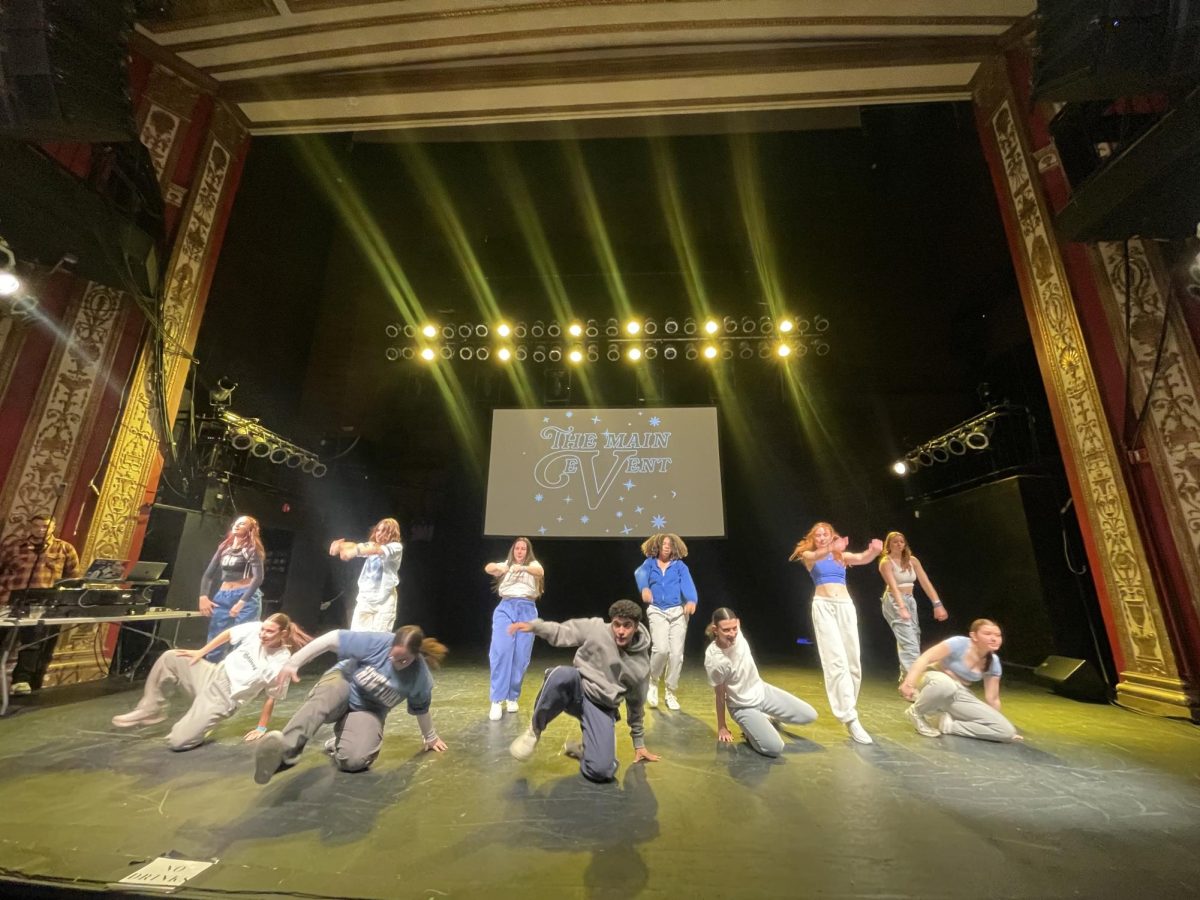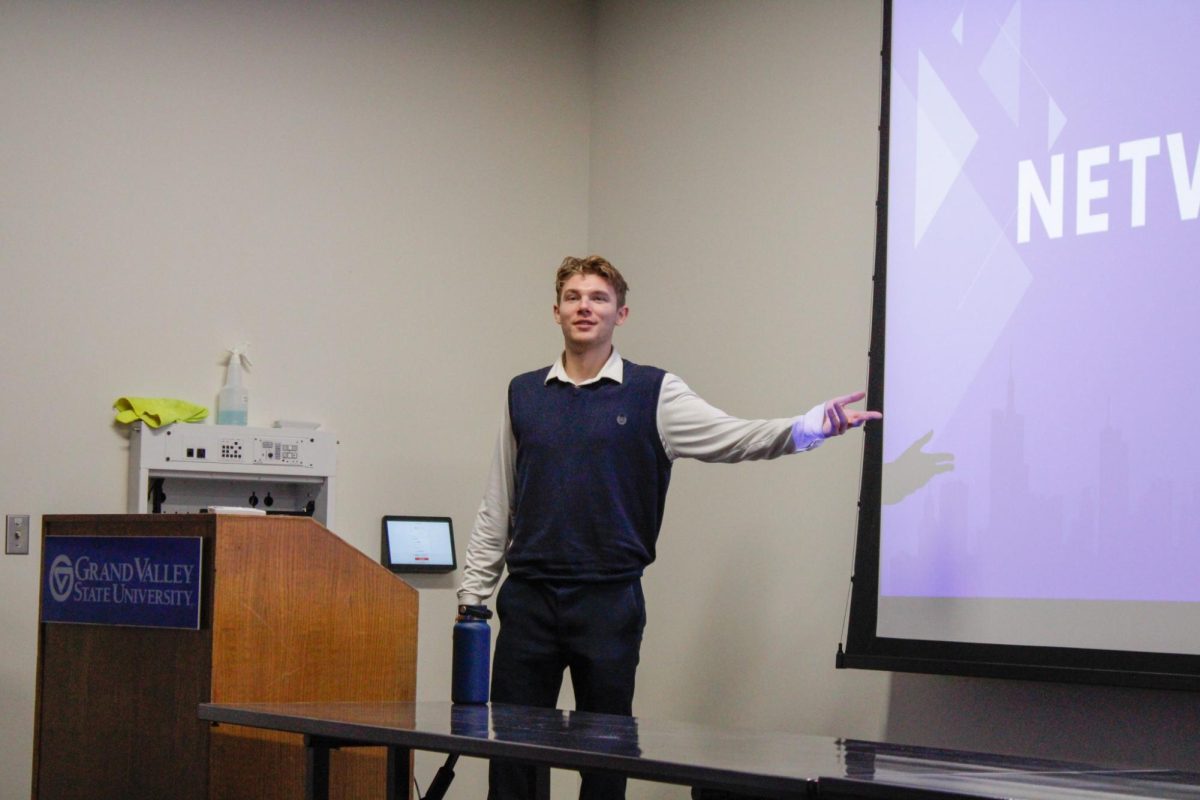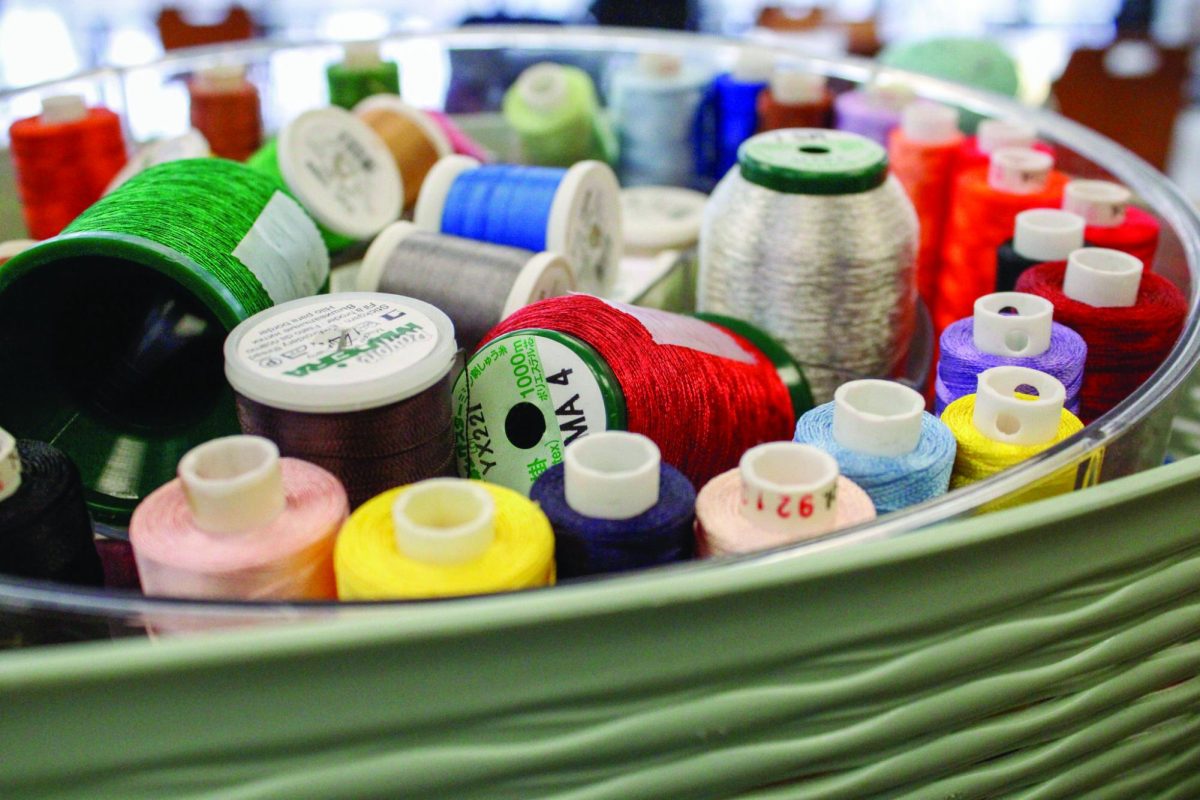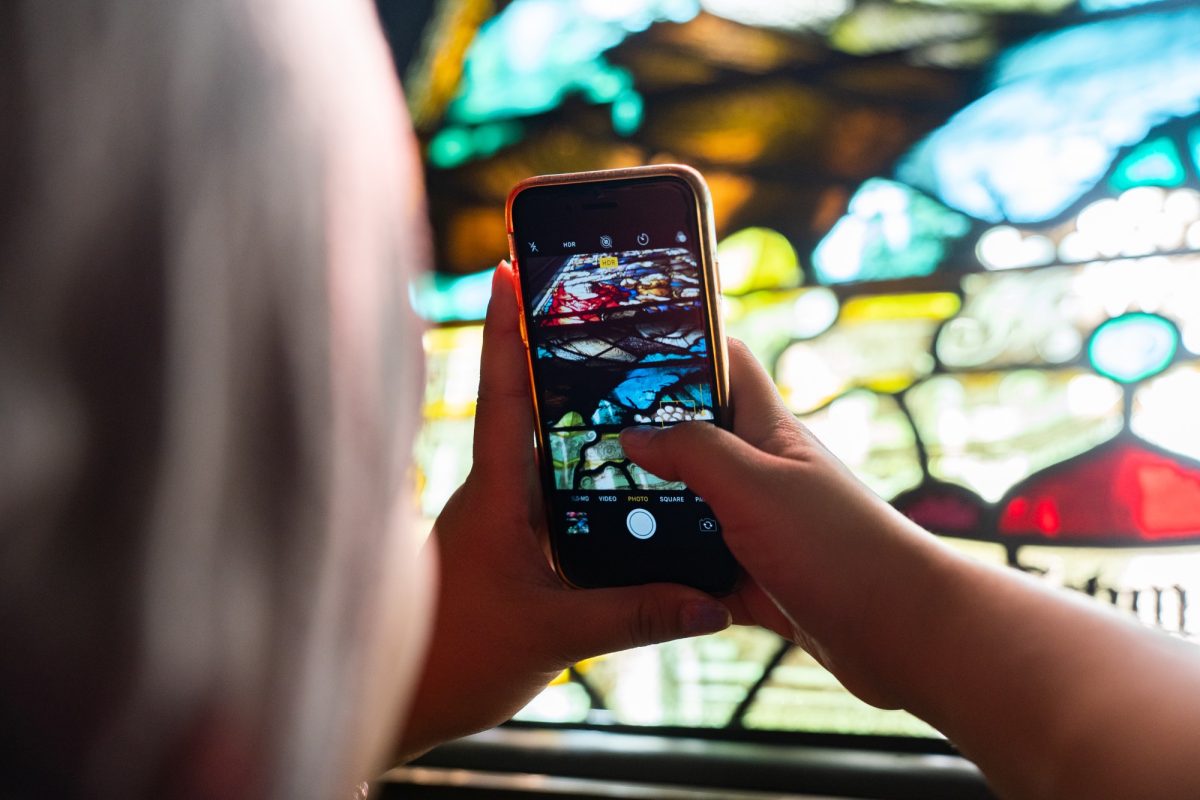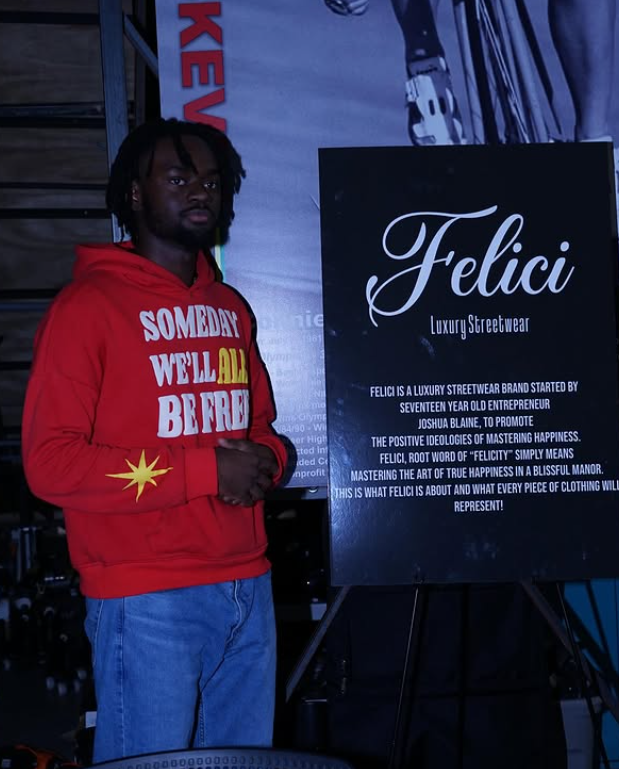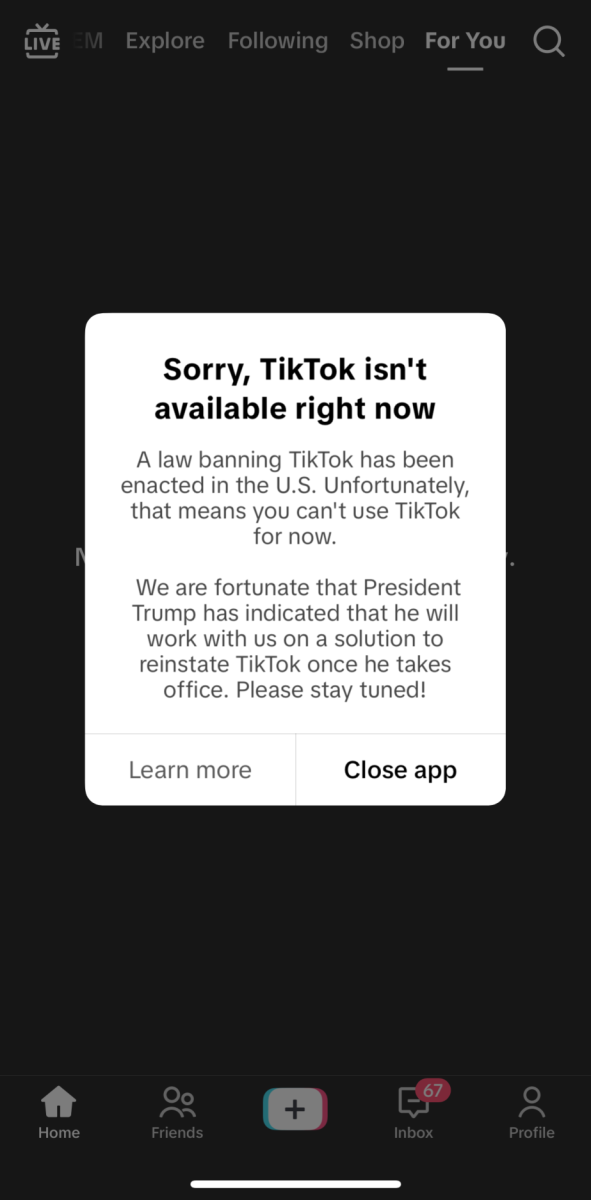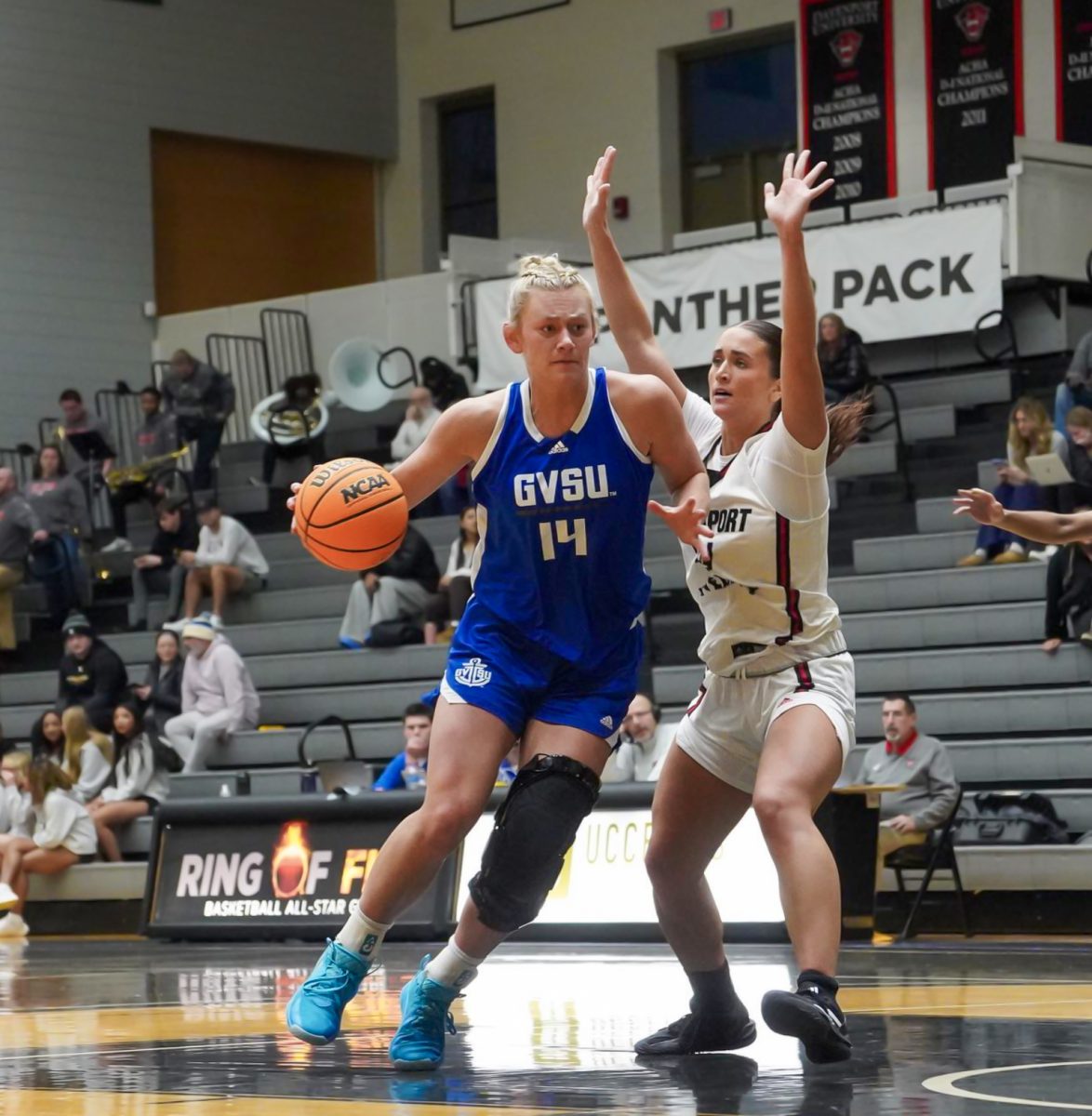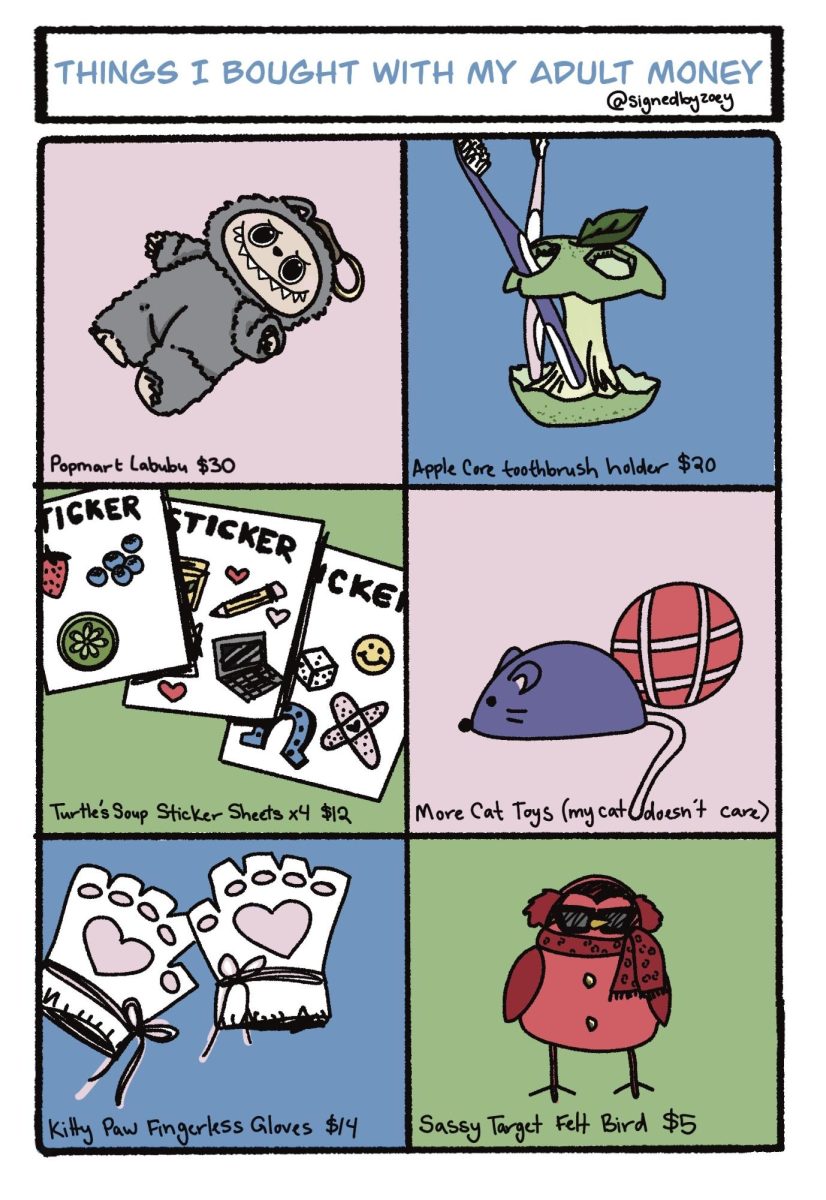Joe Rogan and Spotify spark conversation about regulation, misinformation
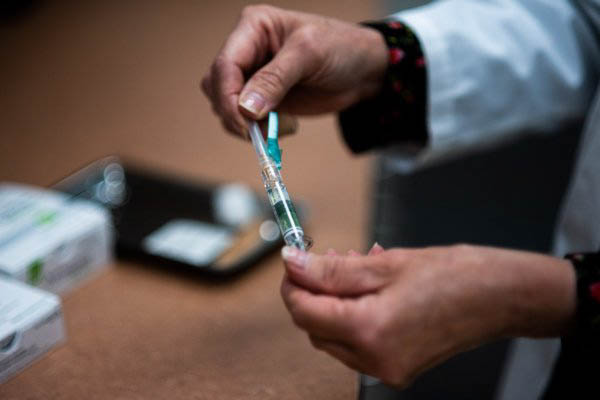
Courtesy to GVSU
Feb 7, 2022
This past week has seen calls from well-known musical artists for Spotify to actively regulate the content they publish on their platform.
Joe Rogan is a celebrity podcaster who covers politics, economics and healthcare. Throughout the COVID-19 pandemic, Rogan has framed himself as an authority on alternative, non-mainstream medicine. He’s downplayed the severity of the virus, promoted untested treatments and questioned the safety of vaccines. “The Joe Rogan Experience,” a Spotify-exclusive podcast, is Rogan’s primary platform.
Recently, artists like Neil Young and Joni Mitchell have removed their music from Spotify. Several other musicians and public figures have demanded that Spotify regulate Rogan’s podcast, instead of giving him an open platform to spread misinformation.
Later in the week, videos of Rogan using racial slurs were circulated around social media. Another video involved Rogan comparing a Black neighborhood to a “Planet of the Apes” movie. Since then, Spotify has removed over 70 episodes from their platform.
As Spotify said in a public statement, they don’t want to be censoring artists— nor should they. No institution should be silencing voices on the basis of opinion or potential obscenity. But when social media and other tech platforms play large roles in public crises, it begs the periodic question as to whether or not the tech industry itself should be more heavily regulated.
Former president Donald Trump was able to freely proliferate his disproven claims of election fraud across Facebook and Twitter, before the companies themselves made the autonomous decision to remove his content. However, that came after Trump incited the Jan. 6 insurrection, which resulted in the bodily harm of capitol police, destruction of public property and death threats against elected officials.
While Rogan’s claims haven’t incited violence, his podcast still poses a public threat. He continually questions the effectiveness of the COVID-19 vaccines and advocates for untested medical alternatives. At this point, Spotify is in the same situation that Facebook and Twitter found themselves in. While the tech industry remains largely unregulated, the impetus lies on Spotify to regulate themselves
Besides busting up monopolies, public policy should address the fact that Spotify and Facebook have indirectly contributed to the severity of the pandemic as a public health crisis by being a mechanism with which to spread misinformation.
Despite the best efforts of the Trump administration to politicize it, the pandemic is not a political issue. Regulating content for political opinion — removing content that’s framed as too progressive, or too conservative — is fraught with obstacles. Similarly, the discussion around censoring obscenity is muddied and complex. Trying to determine what is and isn’t acceptable to say in public spaces is a difficult and frustrating process.
However, vetting medical misinformation is, while challenging and resource-intensive, fairly straightforward. Making false claims, deliberately contradicting the results of diligent scientific research, is not the same as vocally leaning right or left. Public health is not an amorphous space of opinion or debate; while scholarship is an involved process, there are, for the most part, distinct rights and wrongs.
At the Lanthorn, we are familiar with concepts like framing, agenda setting and the issue of censorship. We care deeply about the protections of the first amendment. Above all, we know that our work has the potential to influence the decisions our readers make and the conversations that are had in our community. We take this charge seriously and carefully check the information published in our paper.
While members of the GVSU community are welcome to share their options and perspectives on our platform, there is no tolerance for disinformation at the Lanthorn; and we would like to see other, bigger platforms adopt that policy.





